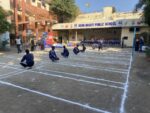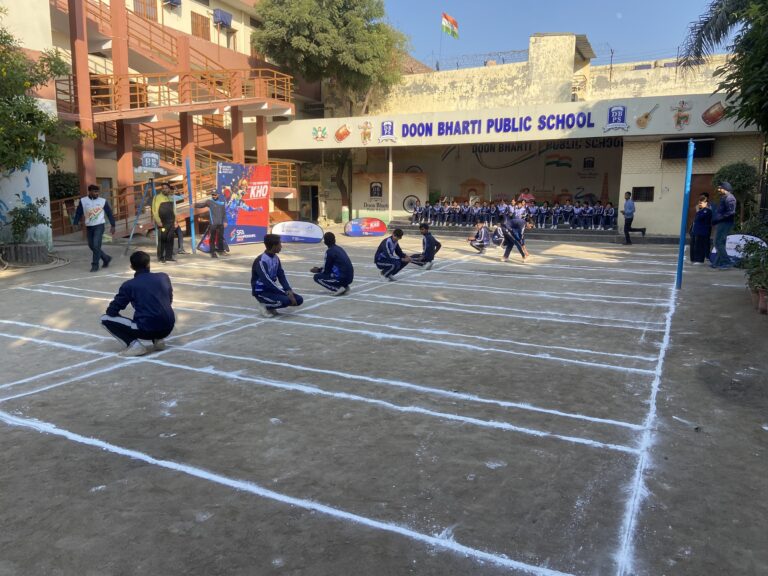Guwahati: As soon as the Election Commission announced the full schedule for Assembly polls in Assam, West Bengal, Kerala, Tamil Nadu and Union Territory (Puducherry), the model code of conduct came into effect.
Chief Election Commissioner (CEC), Sunil Arora while addressing a press conference said that a single-phase election will be held in Tamil Nadu, Kerala, and Puducherry. West Bengal and Assam will see the election in multiple phases. While voting for assembly elections in Bengal will take place in eight phases, the polls to the 126-member Assembly in Assam will be conducted in three phases starting from March 27.
The model code of conduct is now in place in all the states. More than 18 crores are eligible to vote in these elections, Chief Election Commissioner Sunil Arora said.
This is the first major set of elections to be held in the middle of the coronavirus pandemic after the Bihar election.
Poll officers will be vaccinated as frontline workers, said the Election Commissioner, adding that new rules for digital sites would be applied on social media.
Polls will be held for 294 seats in West Bengal, 234 seats in Tamil Nadu, 140 seats in Kerala, 126 seats in Assam and 30 seats in the Union Territory of Puducherry.
Model Code of Conduct: Dos And Don’ts
1. No party or candidate shall include in any activity which may aggravate existing differences or create mutual hatred or cause tension between different castes and communities, religious or linguistic.
2. Criticism of other political parties, when made, shall be confined to their policies and program, past record and work.
3. There shall be no appeal to caste or communal feelings for securing votes. Mosques, Churches, Temples, or other places of worship shall not be used as a forum for election propaganda.
4. All parties and candidates shall avoid scrupulously all activities which are “corrupt practices” and offenses under the election law, such as bribing of voters, intimidation of voters, impersonation of voters, canvassing within 100 meters of polling stations, holding public meetings during the period of 48 hours ending with the hour fixed for the close of the poll, and the transport and conveyance of voters to and from the polling station.
5. No political party or candidate shall permit its or his followers to make use of any individual’s land, building, compound wall, etc., without his permission for erecting flag-staffs, suspending banners, pasting notices, writing slogans, etc.
6. Political parties and candidates shall ensure that their supporters do not create obstructions in or break up meetings and processions organized by other parties.
During Meetings
1. The party or candidate shall inform the local police authorities of the venue and time of any proposed meeting well in time so as to enable the police to make necessary arrangements for controlling traffic and maintaining peace and order.
2. A Party or candidate shall ascertain in advance if there is any restrictive or prohibitory order in force in the place proposed for the meeting if such orders exist, they shall be followed strictly. If any exemption is required from such orders, it shall be applied for and obtained well in time.
3. If permission or license is to be obtained for the use of loudspeakers or any other facility in connection with any proposed meeting, the party or candidate shall apply to the authority concerned well in advance and obtain such permission or license.
4. Organizers of a meeting shall invariably seek the assistance of the police on duty for dealing with persons disturbing a meeting or otherwise attempting to create disorder. Organizers themselves shall not take action against such persons.
On Polling Day
All Political parties and candidates shall –
1. Co-operate with the officers on election duty to ensure peaceful and orderly polling and complete freedom for the voters to exercise their franchise without being subjected to any annoyance or obstruction.
2. Supply to their authorized worker’s suitable badges or identity cards.
3. Agree that the identity slip supplied by them to voters hall be on plain (white) paper and shall not contain any symbol, name of the candidate, or the name of the party;
4. Refrain from serving or distributing liquor on polling day and during the forty-eight hours preceding it.
5. Not allow the unnecessary crowd to be collected near the camps set up by the political parties and candidates near the polling booths so as to avoid Confrontation and tension among workers and sympathizers of the parties and the candidate.
6. Ensure that the candidate’s camps shall be simple. They shall not display any posters, flags, symbols, or any other propaganda material. No eatable shall be served or crowd allowed at the camps and
7. Co-operate with the authorities in complying with the restrictions to be imposed on the plying of vehicles on the polling day and obtain permits for them which should be displayed prominently on those vehicles.















